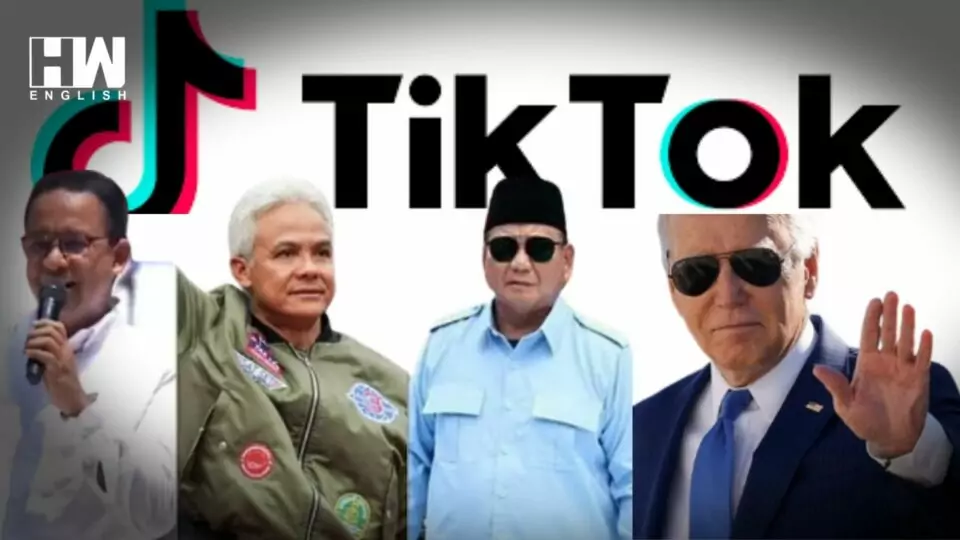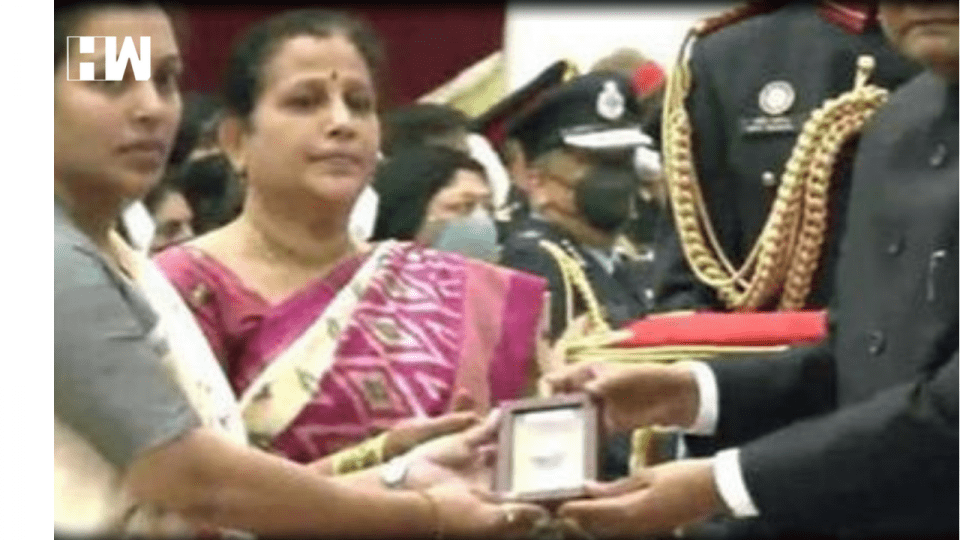The rise of TikTok and its popularity among young voters has caught the attention of political campaigns in the US and Indonesia. With huge youth audiences spending lots of time on the platform, Biden’s 2024 re-election campaign and Indonesia’s top three presidential candidates have joined TikTok to connect with this crucial demographic ahead of primary elections.
Also Read: Qatar Frees 8 Indian Navy Veterans: A Timeline Of The Case
In the US, the Biden team recently launched a TikTok account despite the platform facing national security reviews and calls from some lawmakers to ban it over China data access concerns. Biden advisors say they will “meet voters where they are,” including on TikTok and other major platforms like Instagram. The campaign claims it is taking security precautions, like keeping TikTok access separate from different devices. The move shows Biden trying to court young, TikTok-loving voters for 2024 despite the app’s ongoing controversies.
Similarly, in Indonesia, all three candidates running in the Feb. 14th presidential election have a TikTok presence they are leveraging to attract youth voters. With 125 million Indonesian users, TikTok is immensely influential there. Videos show candidates dancing, cooking local dishes, and answering real-time questions. At campaign events, young voters like 22-year-old Irene Putri Aisyah eagerly record everything on TikTok to share with friends and followers.
Experts warn about misinformation flooding Indonesian TikTok ahead of the vote. Over half of the country’s 205 million registered voters are below 35. A January poll found it was Indonesians’ 2nd most used source for political information after TV. While TikTok offers candidates a significant opportunity to court young voters, its viral nature legitimately can also amplify dangerous manipulation efforts around the election.
Both the US and Indonesia show how, in 2024, TikTok has become a double-edged sword that campaigns must carefully leverage. With youth audiences flocking there, it provides invaluable access if used responsibly. But experts say its powerful reach also makes TikTok vulnerable to those seeking to shape voter attitudes and decisions falsely. Campaigns worldwide face major choices in engaging such influential yet risky platforms.
As an independent media platform, we do not take advertisements from governments and corporate houses. It is you, our readers, who have supported us on our journey to do honest and unbiased journalism. Please contribute, so that we can continue to do the same in future.


